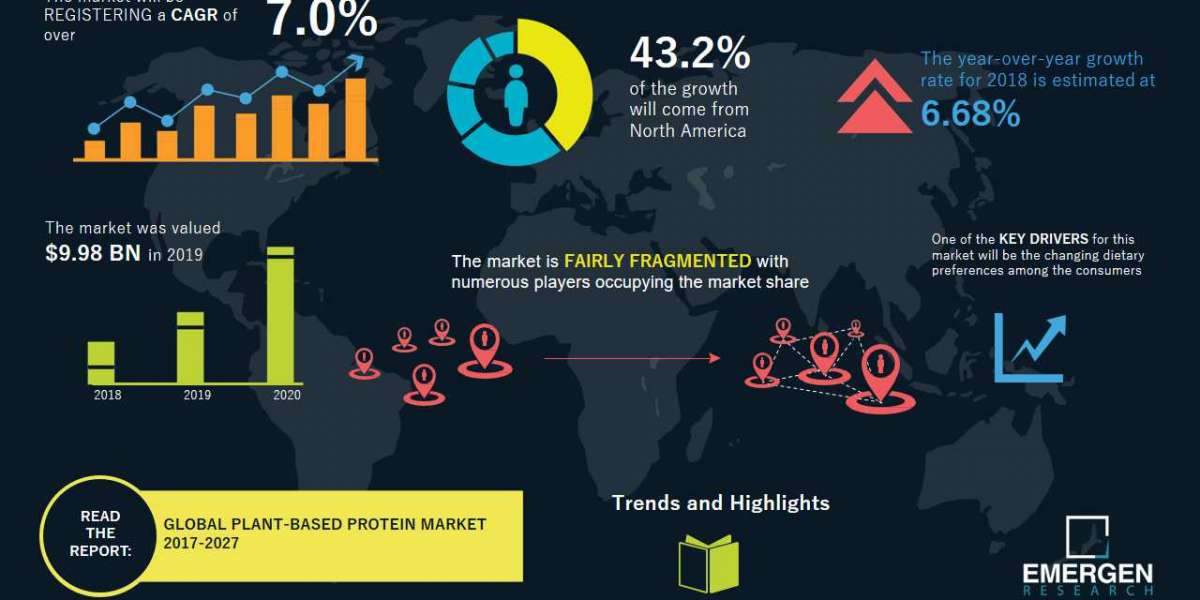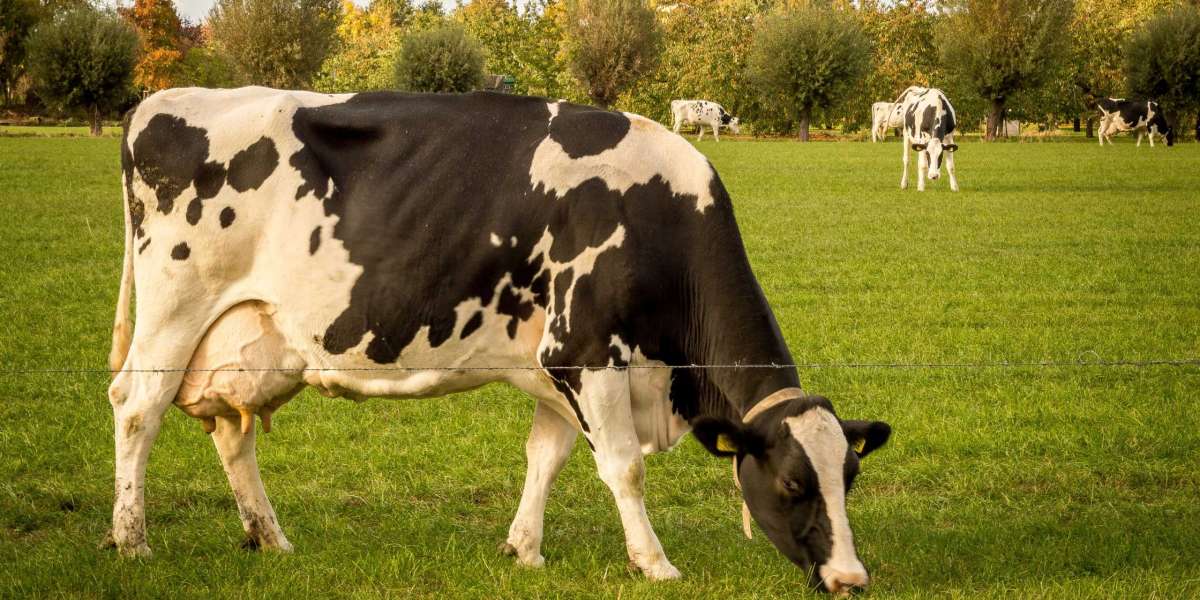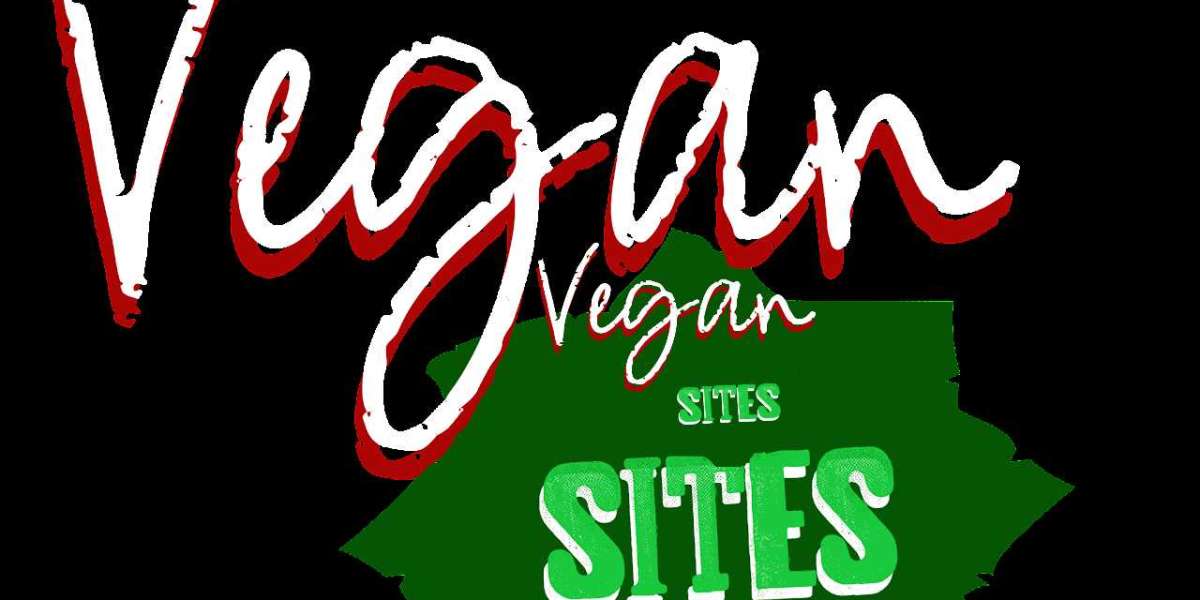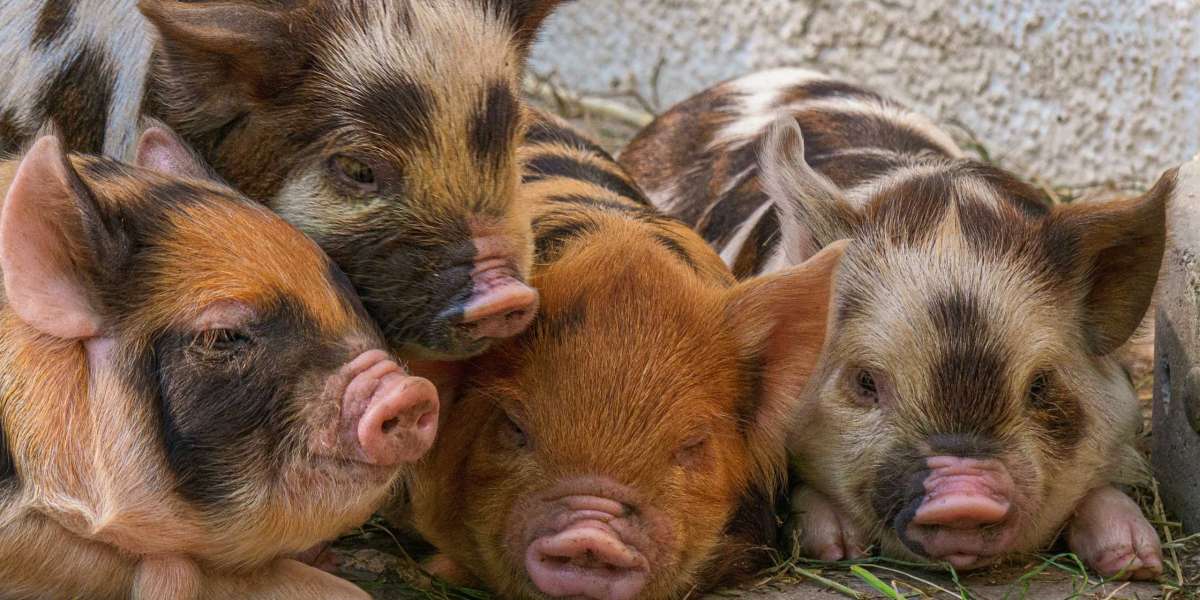In our quest for dietary well-being, it is crucial to explore less-discussed aspects of milk consumption. Going beyond traditional nutritional discussions, adopting a vegan viewpoint prompts a reassessment of potential drawbacks linked to including dairy products in our diets. The health considerations surrounding milk consumption are intricate. Contrary to the widespread belief in the essential role of milk for robust bone health, several studies associate increased milk intake with a higher risk of fractures. Furthermore, the elevated saturated fat content in whole milk challenges the perception that dairy is inherently heart-healthy. From an environmental perspective, the dairy industry significantly contributes to greenhouse gas emissions, deforestation, and water pollution. The resource demands of dairy farming, including extensive land use and substantial water usage, accentuate environmental degradation. Embracing a plant-based diet emerges as a strategic move toward minimizing one's ecological footprint and fostering sustainable living practices. Ethically, the dairy industry undergoes scrutiny due to concerns about animal treatment. Dairy cows often endure challenging living conditions, artificial insemination, and separation from their offspring, raising ethical considerations. Opting for plant-based alternatives signifies a stance in favor of animal welfare, aligning dietary choices with a more compassionate lifestyle. Additionally, lactose intolerance, a prevalent issue affecting a significant portion of the global population, adds another layer of complexity. Consuming dairy products when lactose intolerant can lead to digestive discomfort, bloating, and related issues. Transitioning to plant-based alternatives not only addresses these health concerns but also offers a more inclusive dietary approach. In conclusion, delving into the nuances of milk consumption extends beyond conventional nutritional discussions. A vegan perspective prompts a more profound examination of the health, environmental, and ethical dimensions associated with incorporating dairy into our diets. Embracing plant-based alternatives not only addresses these multifaceted concerns but also contributes to a more sustainable, compassionate, and health-conscious lifestyle.
Search
Popular Posts
-
 PLANT BASED PROTEIN MARKET - GROWTH, TRENDS, COVID-19 IMPACT, AND FORECASTS (2021 - 2027)
By Dittya Sutar
PLANT BASED PROTEIN MARKET - GROWTH, TRENDS, COVID-19 IMPACT, AND FORECASTS (2021 - 2027)
By Dittya Sutar -
 Antinatilism and Veganism
By A J
Antinatilism and Veganism
By A J -
 The Secrets of Vegan Cosmetics: Conscious Beauty for a Sustainable World
By Tovegans
The Secrets of Vegan Cosmetics: Conscious Beauty for a Sustainable World
By Tovegans -
 Embracing Happiness: The Vegan Lifestyle's Uplifting Impact
By Tovegans
Embracing Happiness: The Vegan Lifestyle's Uplifting Impact
By Tovegans -
 WHAT ARE THE CAUSES OF CONSTANT HEADACHES
WHAT ARE THE CAUSES OF CONSTANT HEADACHES


